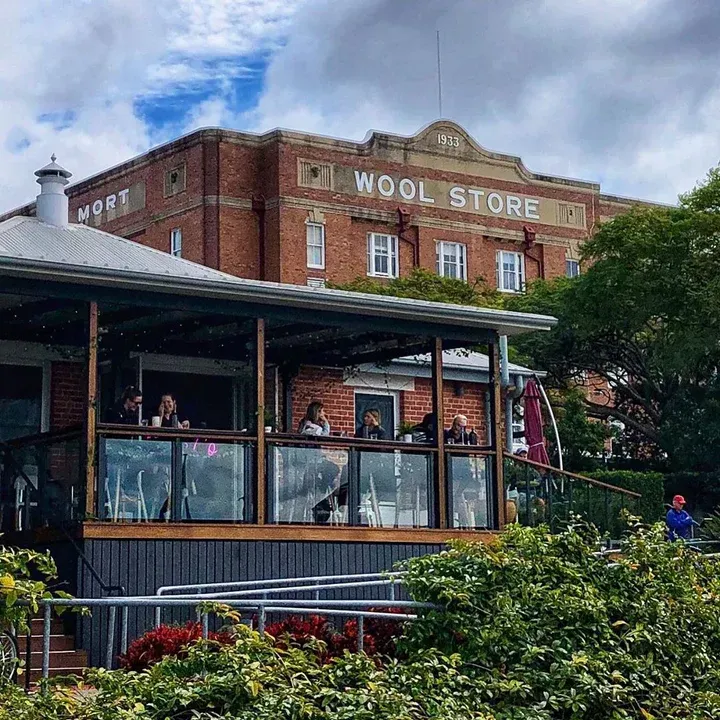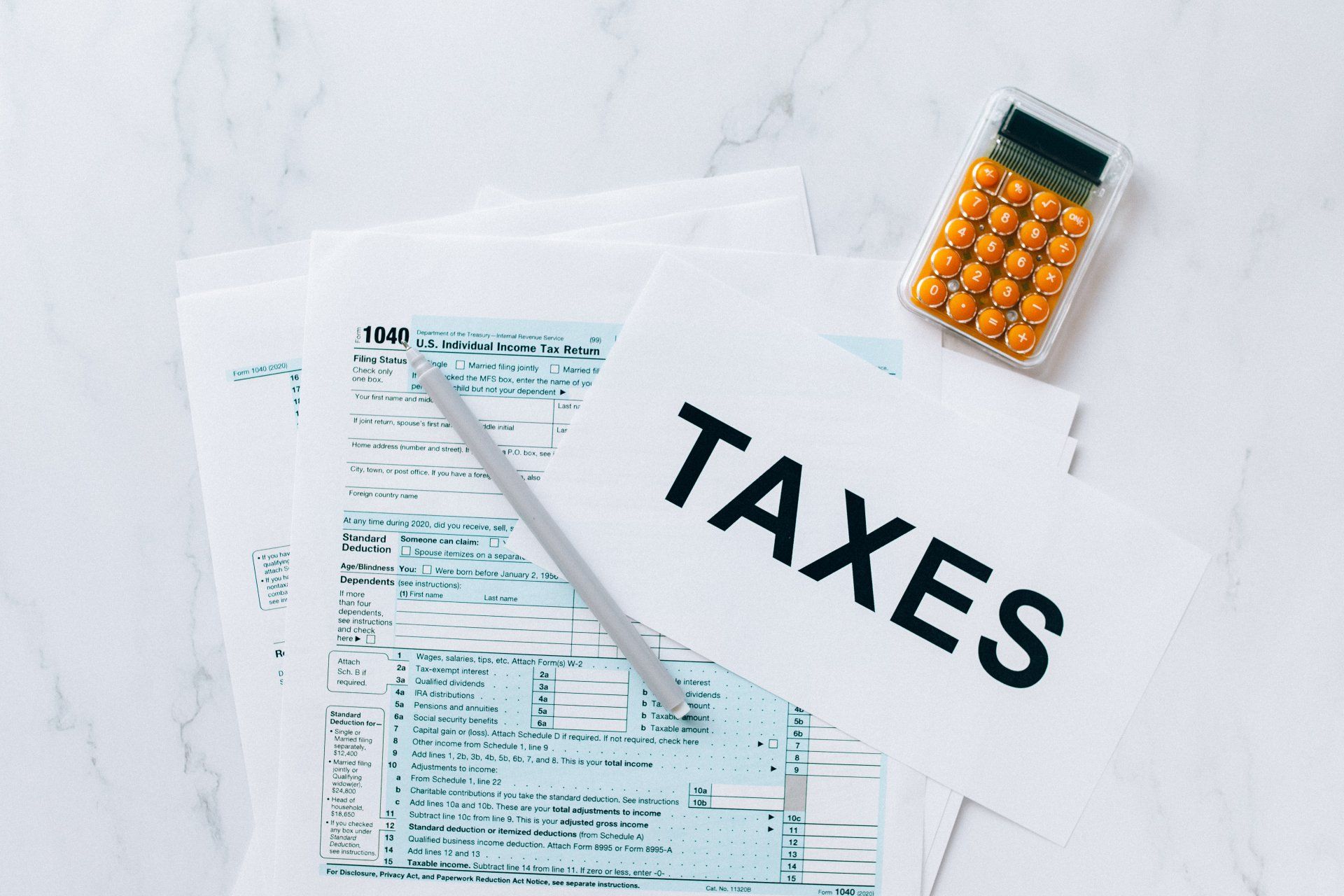Booming Brisbane: House Prices Surge - CoreLogic May 2024 Update
Rising House Prices in Brisbane: A Deep Dive
Are you wondering what's driving the skyrocketing property prices in Brisbane? Well, you’re not alone. Whether you’re a seasoned investor or a first-time buyer, understanding the market can help you best prepare for the future. Let’s have a look into why Brisbane’s property market is heating up and what it means for you.
The Supply-Demand Equation
The fundamental law of supply and demand is at the heart of Brisbane’s property price surge. Simply put, there are more people wanting to buy homes than there are homes available. This imbalance is fuelling competition and driving prices higher.
What’s Causing the Supply Shortage?
Several factors are contributing to the limited housing supply. Firstly, Brisbane is experiencing a population boom. People from all over Australia, and even internationally, are flocking to the city, attracted by its lifestyle, job opportunities, and relatively affordable property prices compared to Sydney and Melbourne. Secondly, the construction industry is facing challenges. Supply chain disruptions, rising material costs, and labour shortages are slowing down the rate at which new homes can be built. This bottleneck is creating a significant gap between the demand for housing and the availability of new dwellings.
Interest Rates and Buyer Behaviour
Interest rates play a crucial role in the property market. With interest rates rising, borrowing has become less affordable, encouraging more people to sell up and realise equity in more expensive locations like Sydney and Melbourne, while migrating to more affordable locations, with a more affordable morgage. This increased buying power from interstate purchasers is further pushing up local property prices.
Government Policies and Incentives
Government policies and incentives also impact the property market. Grants and subsidies for first-home buyers, along with tax benefits for investors, are fuelling demand. While these measures are designed to make home ownership more accessible, they can also contribute to price increases when supply is constrained.
Changes in Dwelling Values: May 2024
Let’s take a closer look at how dwelling values have changed in May 2024:
| Location | Month | Quarter | Annual | Total return | Median value |
|---|---|---|---|---|---|
| Perth | 2.00% | 6.10% | 22.00% | 27.80% | $736,649 |
| Adelaide | 1.80% | 4.30% | 14.40% | 19.00% | $757,448 |
| Brisbane | 1.40% | 3.90% | 16.30% | 21.00% | $843,231 |
| Sydney | 0.60% | 1.20% | 7.40% | 10.60% | $1,156,020 |
| Canberra | 0.50% | 0.70% | 2.00% | 6.10% | $840,100 |
| Melbourne | 0.10% | −0.2% | 1.80% | 5.50% | $780,437 |
| Darwin | −0.3% | 1.90% | 3.50% | 10.30% | $502,120 |
| Hobart | −0.5% | 0.30% | −0.1% | 3.90% | $655,170 |
Data: CoreLogic May 2024
Brisbane’s Market: The Numbers Speak
Brisbane’s property market is showing impressive resilience. With a month-on-month increase of 1.4%, a quarterly rise of 3.9%, and an annual growth of 16.3%, it’s clear that Brisbane is a hot spot for property investment. The median value of dwellings in Brisbane now stands at $843,231, reflecting the city’s growing appeal.
Why Brisbane?
So, what makes Brisbane so attractive? Aside from its sunny weather and vibrant lifestyle, Brisbane offers a balanced mix of urban living and suburban tranquillity. The city’s infrastructure projects, like the Cross River Rail and Brisbane Metro, are set to improve connectivity and reduce travel times, making it an even more desirable place to live.
Moreover, Brisbane’s economy is thriving. The city is becoming a hub for technology and innovation, attracting businesses and professionals alike. This economic growth is creating more job opportunities, further driving demand for housing.
Navigating the Market: Tips for Buyers and Sellers
For buyers, it’s crucial to do your homework. Understand the market trends, get pre-approved for a mortgage, and be ready to act quickly. For sellers, now might be the perfect time to list your property, given the high demand and rising prices. If you need help understanding what value your property can achieve in today's market, contact our local real estate experts at CAPEX Property.
Investor Insights: What You Need to Know
If you’re considering investing in Brisbane’s property market, here are a few things to keep in mind:
- Location, Location, Location: Properties close to the city centre, transport hubs, and schools tend to perform better. If the budget allows, consider blue chip suburbs like New Farm, Ascot, and Paddington, which are always sought after.
- Future Growth Potential: Look for areas with planned infrastructure projects and community developments. These factors can significantly boost property values over time.
- Rental Yields: Brisbane offers attractive rental yields compared to other major cities. This makes it an appealing option for investors looking to generate steady rental income.
The Road Ahead: What to Expect
Looking ahead, Brisbane’s property market is expected to remain strong. However, it’s important to stay informed and adaptable. Market conditions can change, and external factors like economic shifts and policy changes can impact property prices.
Interested in buying, selling, renting, or managing your property in Brisbane?
CAPEX Property offers unmatched personal care with expert local knowledge.
Speak to our team today.

Free Property Appraisal
Thanks! Our local agents will now start to compare your property against market data. Your report will be delivered to your inbox soon. If we have any questions we'll contact you first.
Please try again later.
Get a comprehensive report on your property delivered to your inbox.
Latest Property Market Insights





Phone Us





